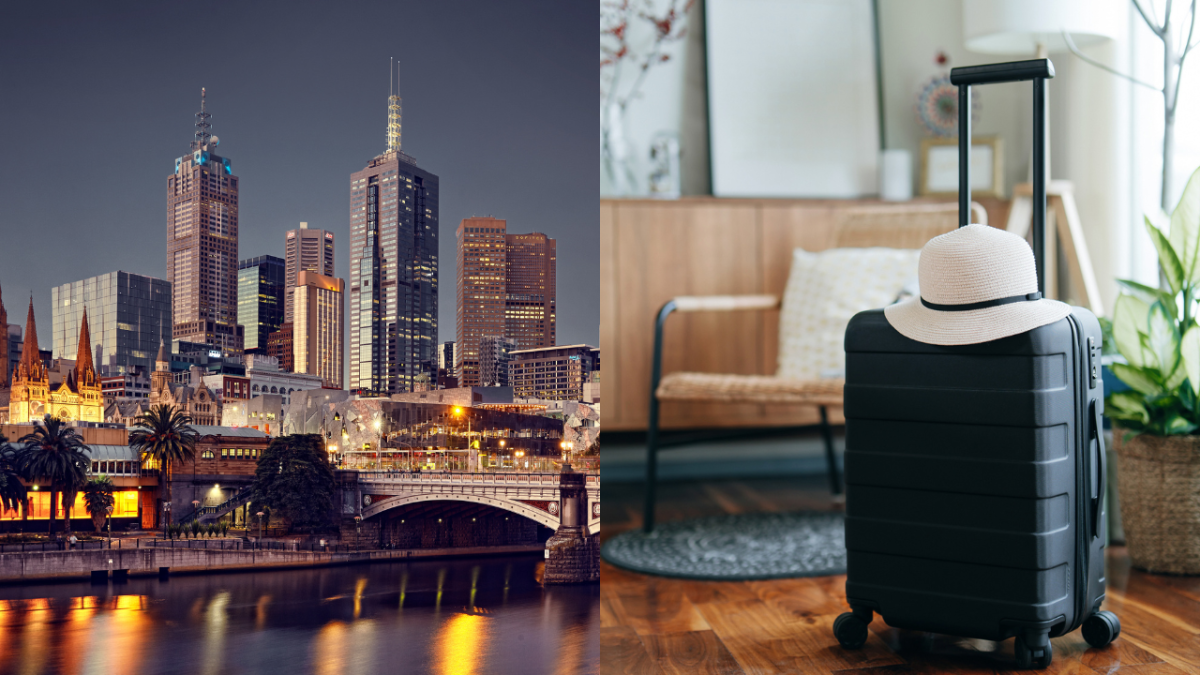
With the housing affordability crisis worsening every day, governments and councils are on the lookout for new ways to put pressure on the different factors that are keeping housing unaffordable.
One of those key factors is the prominence of short-stay housing options for tourists, such as Airbnb, which mean there’s a substantial amount of potential long-term housing that isn’t even on the market due to property owners instead choosing to sell it as tourist accomodation.
In order to crack down on this, the city of Melbourne council have voted in favour of new regulations on short-stay rentals, in an effort to put more homes on the long-term rental market and tackle one of the villains of this gargantuan housing crisis.
What are the suggested regulations?
The new suggested regulations include a cap on the amount of nights per year a property owner is allowed to put their property on the short-stay rental market.
The limit is currently suggested to be 180 nights annually, still leaving more than half the year available for the property to be put up on Airbnb. This 180 night cap on short-stay rentals has already been enacted by the NSW government – and complained about by the Sydney lord-mayor.
The other proposed regulation is a $350 registration fee. Which for reference, is about the average cost of 2 nights in Melbourne on Airbnb.
The changes have, naturally, caused uproar amongst property investors, as well tourism and commerce bodies, who believe the crackdown is “nonsensical” and will just damage tourists chances of visiting.
According to Airbnb, there are over 5,000 apartments and homes listed as available for short-stay accomodation in the city of Melbourne. That’s 5,000 apartments or homes that could otherwise be inhabited by people trying to live long-term in Melbourne, with the hotel industry providing accomodation for tourists.
However the caps have also come under fire from city planners and policy analysts such as Prof. Nicole Gurran, who believes the annual caps are too soft, and that the registration fee is hardly enough to discourage property investors.
Other experts, including economist Brendan Coates, have suggested that if the council really want to think of ways to incentivise property owners away from listing properties as short-stay rentals, then they need to implement a short-stay rental tax.
If only they would also add some extra rules around how much cleaning can be humanely asked of a customer. Baby steps though, baby steps.



